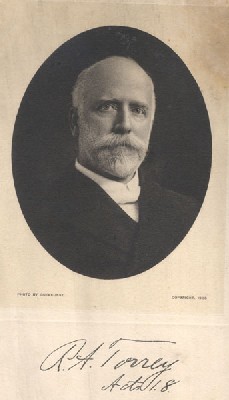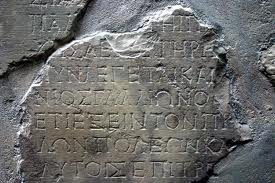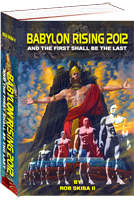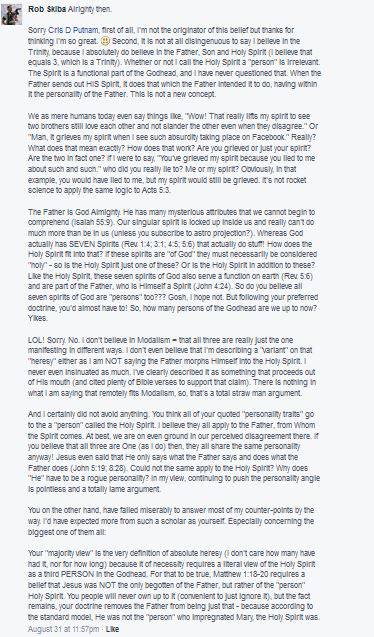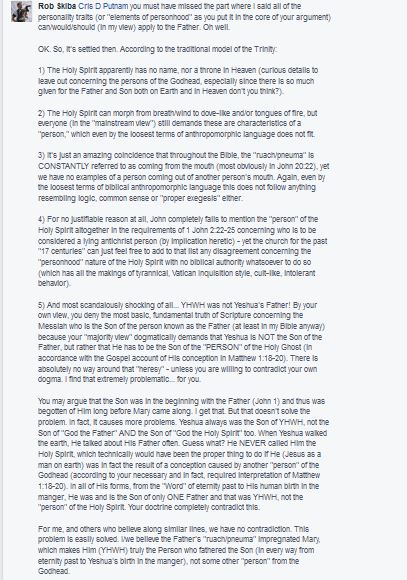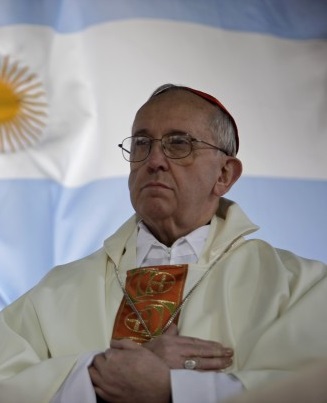 During a Mass last week, Pope–Petrus Romanus–Francis called ideological Christianity “an illness.” According to the Encarta dictionary, Ideology can mean 1) an organized system of beliefs, values, and ideas forming the basis of a social, economic, or political philosophy or program. 2) a set of beliefs, values, and opinions that shapes the way a person or a group such as a social class thinks, acts, and understands the world. When considering Christianity then the second seems most applicable but it is not necessarily negative. It seems to me it means one tries to live consistently with what claims to believe. Pope Francis finds that unacceptable:
During a Mass last week, Pope–Petrus Romanus–Francis called ideological Christianity “an illness.” According to the Encarta dictionary, Ideology can mean 1) an organized system of beliefs, values, and ideas forming the basis of a social, economic, or political philosophy or program. 2) a set of beliefs, values, and opinions that shapes the way a person or a group such as a social class thinks, acts, and understands the world. When considering Christianity then the second seems most applicable but it is not necessarily negative. It seems to me it means one tries to live consistently with what claims to believe. Pope Francis finds that unacceptable:
Interestingly, the Pope also criticized conservative Catholics for protesting abortion and same-sex marriage. When asked about homosexual priests who had infiltrated the Roman system he replied, “Who am I to judge?” startling words from the so-called vicar of Christ. As a result, secular humanists, abortionists and homosexuals are beside themselves with joy over the pope’s position against the hated fundamentalism. The term “fundamentalist” has been given a bad spin and I would like to correct it.
In 1846, the Evangelical Alliance was formed to unite all believers who saw liberalism as a denial of the faith. At a meeting in Niagara Falls, New York, they listed the five “fundamentals” that could not be denied without falling into the error of liberalism. These were: (1) inerrancy of Scripture, (2) the divinity of Jesus, (3) the Virgin birth, (4) Jesus’ death on the cross as a substitute for our sins, and (5) his physical resurrection and impending return. These doctrines are what separate the sheep from the goats. The church I attend affirms all of them. If yours does not, consider finding a new place to worship. While it is argued here that they are all essentials, two, four and five cannot be denied while in any meaningful way remaining a Christian. After all, Christ is the center of Christianity, the Gospel is His death and resurrection and the great hope of the believer is in Jesus’ promise to return (Heb 9:28; Tit 2:13).
Even the outspoken atheist Christopher Hitchens has better understanding of Christianity than Pope Francis. This is an excerpt from an interview of Hitchens by a Unitarian minister Marilyn Sewell concerning his book God is Not Great:
Sewell: The religion you cite in your book is generally the fundamentalist faith of various kinds. I’m a liberal Christian, and I don’t take the stories from the scripture literally. I don’t believe in the doctrine of atonement (that Jesus died for our sins, for example). Do you make and distinction between fundamentalist faith and liberal religion?
Hitchens: I would say that if you don’t believe that Jesus of Nazareth was the Christ and Messiah, and that he rose again from the dead and by his sacrifice our sins are forgiven, you’re really not in any meaningful sense a Christian.[1]
It is terribly unfortunate that an ardent anti-theist like Hitchens understood Christianity better than a minister like Sewell and, apparently, even the pope himself.
[1] “The Hitchens Transcript”, Portland Monthly, http://www.portlandmonthlymag.com/arts-and-entertainment/category/books-and-talks/articles/christopher-hitchens/ (accessed 9/29/2011).

